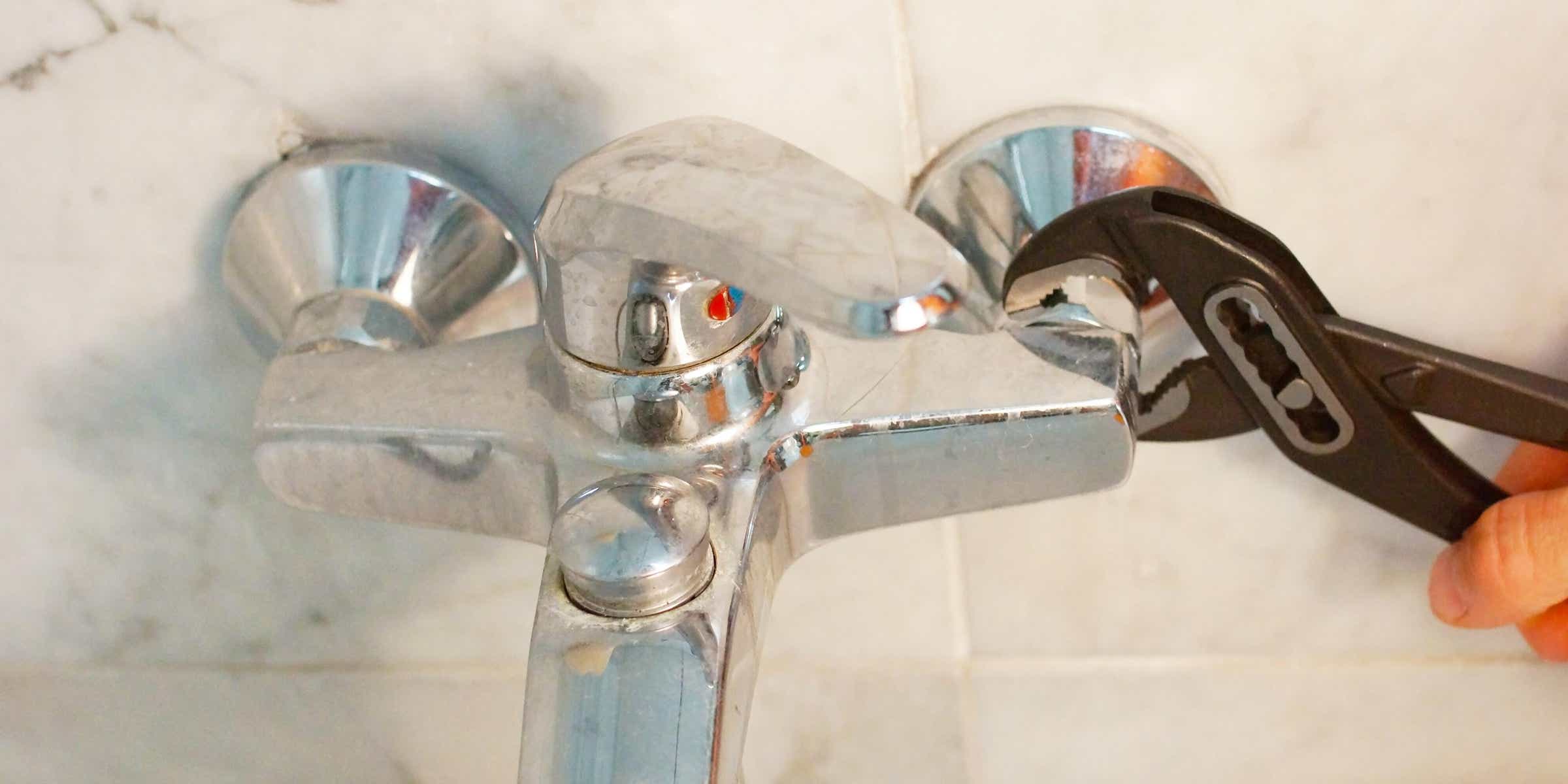

Articles
How To Get Certified In Plumbing
Modified: August 28, 2024
Looking for articles on how to get certified in plumbing? Discover step-by-step guides and expert tips to help you achieve your plumbing certification and advance your career.
(Many of the links in this article redirect to a specific reviewed product. Your purchase of these products through affiliate links helps to generate commission for Storables.com, at no extra cost. Learn more)
Introduction
Welcome to the world of plumbing certifications! If you’re interested in becoming a certified plumber, you’ve come to the right place. Plumbing is a skilled trade that plays a crucial role in maintaining and repairing water systems, drainage systems, and other important plumbing fixtures. By obtaining a certification, you not only demonstrate your expertise in the field but also enhance your professional credibility and job prospects.
While the path to becoming a certified plumber may seem overwhelming at first, this article will guide you through the steps necessary to achieve your goal. Whether you’re just starting your career in plumbing or looking to level up your skills, we’ve got you covered.
In this comprehensive guide, we’ll break down the process of getting certified in plumbing into eight simple steps. From researching the various certification options to completing the necessary training and passing the exam, we’ll provide you with all the information you need to succeed.
So, let’s dive in and explore how you can embark on a rewarding journey to becoming a certified plumber!
Key Takeaways:
- Research and understand the various plumbing certifications available to align with your career goals and explore the benefits and opportunities that come with each certification. Make an informed decision to enhance your professional credibility and job prospects.
- Complete the necessary training, prepare effectively for the certification exam, and celebrate your achievement upon obtaining your official certification as a plumber. Embrace opportunities for growth and continue learning to excel in the plumbing industry.
Read more: How To Get Certified In Construction
Step 1: Research the Different Certifications
One of the first steps in your journey towards becoming a certified plumber is to research the various certifications available in the plumbing industry. Understanding the different types of certifications will help you choose the one that aligns with your career goals and aspirations.
Plumbing certifications can vary based on the specific area of expertise and the level of proficiency required. Here are some of the commonly recognized certifications in the plumbing industry:
- Journeyman Plumber Certification: This certification is aimed at individuals who have completed their apprenticeship and have acquired the necessary skills to work independently as a plumber.
- Master Plumber Certification: The Master Plumber certification is the highest level of certification in the plumbing industry. It is designed for experienced plumbers who have extensive knowledge and expertise in the field.
- Residential Plumber Certification: This certification focuses on residential plumbing systems, including installing, repairing, and maintaining plumbing fixtures in houses and apartments.
- Commercial Plumber Certification: Commercial plumbers specialize in working on plumbing systems in commercial buildings such as offices, shopping centers, and industrial facilities.
- Backflow Prevention Certification: This certification is specific to preventing the reverse flow of water in plumbing systems, ensuring the safety of potable water supplies.
Once you have identified the relevant certifications, it’s important to explore the requirements and qualifications for each certification. Some certifications may require a certain number of years of experience as an apprentice or a specific educational background. Understanding these prerequisites will help you determine if you meet the eligibility criteria for a particular certification.
Additionally, consider the benefits and opportunities that come with each certification. Research the job market demand for certified plumbers and evaluate how a specific certification can enhance your career prospects. Some certifications may open doors to higher-paying jobs, managerial positions, or opportunities to start your own plumbing business.
Remember, the more you know about the different certifications, the better equipped you’ll be to make an informed decision about your plumbing career. So, take the time to research and gain a comprehensive understanding of the certifications available to you.
Step 2: Determine Eligibility
Once you have researched the various plumbing certifications, the next step is to determine your eligibility for the certification programs. This involves checking if you meet the prerequisites and identifying any additional experience or education requirements.
Each certification program may have specific eligibility criteria that you need to fulfill before you can pursue the certification. These criteria may include:
- Minimum age requirement: Some certification programs may require you to be a certain age, typically 18 years or older.
- Apprenticeship completion: Certain certifications may require you to have completed a specific number of years as an apprentice under a licensed plumber.
- Work experience: Many certification programs require a minimum number of years of work experience in the plumbing industry. This is to ensure that you have gained practical knowledge and skills before pursuing advanced certifications.
- Educational background: Some certifications may have educational prerequisites, such as a high school diploma or equivalent. Others may require specific coursework or vocational training in plumbing.
- Licensing requirements: Depending on your location, there may be licensing requirements that you need to fulfill before being eligible for certain certifications.
Once you have determined if you meet the basic eligibility criteria, it’s important to assess any additional experience or education needed for the certification programs you are interested in. For example, if a certification requires a certain number of years of apprenticeship, you may need to gain additional experience before you can apply.
Additionally, some certifications may offer pathways for individuals who do not meet the initial eligibility criteria. This may involve completing specific courses or training programs to bridge the knowledge or experience gap required for certification.
By determining your eligibility early on, you can plan your path towards certification accordingly. If you do not currently meet the requirements, you can take steps to gain the necessary experience or education to become eligible. This may involve working as an apprentice, enrolling in plumbing courses, or pursuing further training opportunities.
Remember, each certification program may have varying eligibility criteria, so it’s important to carefully review the requirements for the specific certification you are interested in pursuing.
Step 3: Choose the Right Certification Program
Choosing the right certification program is a crucial step in your journey to becoming a certified plumber. With various options available, it’s important to analyze the benefits and drawbacks of each program and select one that aligns with your professional goals.
Here are a few factors to consider when choosing a certification program:
- Reputation and credibility: Look for certification programs that are recognized and respected in the plumbing industry. Consider programs that are endorsed by professional plumbing associations or have a long-standing history of producing skilled plumbers.
- Curriculum and course content: Review the curriculum and course content of each program to ensure they cover the essential skills and knowledge you need as a plumber. Look for programs that offer a comprehensive and up-to-date curriculum that aligns with industry standards.
- Specialization options: Some certification programs may offer specialization options in areas such as residential plumbing, commercial plumbing, or specific plumbing systems. If you have a particular interest or career aspiration, choose a program that offers the specialization you desire.
- Program duration and flexibility: Consider the duration of the program and how it fits into your schedule. Some programs may be full-time, requiring you to dedicate a significant amount of time, while others may offer part-time or online options for flexibility.
- Instructor qualifications and support: Look for programs where instructors are experienced and knowledgeable in the plumbing industry. Consider whether the program provides adequate support and guidance from instructors throughout your learning journey.
- Cost and financial considerations: Evaluate the cost of the certification program, including tuition fees, materials, and any additional expenses. Take into account your budget and explore any financial assistance or scholarships that may be available.
- Job placement opportunities: Research if the certification program offers job placement assistance or connections to potential employers. This can significantly enhance your chances of securing employment after completing the program.
By carefully considering these factors, you can make an informed choice about which certification program is the best fit for you. Remember, the right program will provide you with the knowledge, skills, and credibility needed to excel in your plumbing career.
Take the time to compare different certification programs, read reviews, and seek advice from professionals in the plumbing industry. Your goal is to select a program that will equip you with the necessary foundation and set you on the path towards success as a certified plumber.
Step 4: Complete the Required Training
Once you have chosen the right certification program, the next step is to complete the required training. This involves enrolling in plumbing courses and workshops to gain the necessary knowledge and skills, as well as gaining practical experience through apprenticeships or internships.
Here are some important aspects to consider when completing the required training:
Enrolling in Plumbing Courses and Workshops:
To become a certified plumber, it is essential to acquire a solid understanding of plumbing principles, codes, safety procedures, and best practices. Look for reputable institutions or training centers that offer plumbing courses and workshops.
These courses may cover a range of topics, including pipefitting, drainage systems, water supply systems, plumbing fixtures, and more. The curriculum should be comprehensive, engaging, and taught by experienced instructors who can guide you through the learning process.
Gaining Practical Experience through Apprenticeships or Internships:
In addition to formal training, gaining practical experience is vital in becoming a skilled plumber. Apprenticeships or internships provide opportunities to work alongside experienced professionals and learn on the job.
Consider reaching out to local plumbing companies or trade unions to inquire about apprenticeship or internship programs. These programs typically span several years, during which you will gain hands-on experience in various aspects of plumbing, such as installation, maintenance, and repair.
Working under the guidance of experienced plumbers allows you to develop critical skills and learn industry-specific techniques, while also building a network within the plumbing community.
During your training, make the most of every opportunity to enhance your skills. Take advantage of practical exercises, ask questions, and seek feedback from your mentors. This will help you refine your techniques and develop the confidence needed to excel in your future plumbing career.
Remember, completing the required training is a crucial step on your path to becoming a certified plumber. It lays the foundation for your expertise and ensures you are equipped with the knowledge and practical skills necessary to succeed.
Stay committed to your training, embrace every learning opportunity, and make the most of your time as an apprentice or intern. With dedication and hard work, you will be well-prepared to move on to the next step in your journey towards certification.
Research and choose a reputable plumbing certification program that is recognized by industry professionals and meets your career goals. Be prepared to complete the required coursework and pass the certification exam.
Read more: How To Get CAD Certified
Step 5: Preparation for the Certification Exam
As you near the end of your training, it’s time to prepare for the certification exam. This step involves understanding the exam format and content, reviewing study materials, and practicing sample questions to ensure you are ready to succeed.
Here are some key points to consider when preparing for the certification exam:
Understanding the Exam Format and Content:
Begin by familiarizing yourself with the exam format and content. Understand the structure of the exam, including the number of sections, types of questions (e.g., multiple-choice, practical), and time constraints.
Research the specific topics and knowledge areas that will be covered in the exam. This may include plumbing codes, regulations, system design, safety practices, and troubleshooting techniques. Make note of any areas where you feel you need more focus or review.
Reviewing Study Materials:
Obtain quality study materials that cover the exam content comprehensively. Look for textbooks, study guides, online resources, and practice exams specifically designed for the certification exam you are preparing for.
Review the study materials thoroughly, taking notes and highlighting important concepts. Create a study schedule that allows for consistent and focused study sessions leading up to the exam.
Practicing Sample Questions:
Practice is key to success in any exam. Look for sample questions or past exam papers to practice answering within the allocated time frame. This will help you become familiar with the types of questions, improve your time management skills, and gauge your readiness for the actual exam.
Consider joining study groups or online forums where you can discuss and solve practice questions with others preparing for the same exam. This collaborative approach can provide different perspectives and enhance your understanding of the subject matter.
While preparing for the exam, aim for a balance between content review and practice. Ensure you have a solid understanding of the theoretical concepts while also honing your problem-solving and critical thinking skills through practice questions.
Remember, the goal of exam preparation is not just to pass the test but to demonstrate your comprehensive understanding of the plumbing principles and concepts required for certification.
Stay focused, manage your time effectively, and trust in the knowledge and skills you have acquired during your training. With the right preparation, you will be well-prepared to excel in the certification exam and move closer to achieving your goal of becoming a certified plumber.
Step 6: Register for the Certification Exam
After thorough preparation, it’s time to take the next step and register for the certification exam. This step involves familiarizing yourself with the registration process, planning the exam date, and selecting a suitable location.
Familiarizing Yourself with the Registration Process:
Start by researching the organization or entity that administers the certification exam. Visit their official website or contact their customer service to understand the registration requirements and process. Take note of any important deadlines, fees, and documents needed for registration.
Some certification exams may have specific eligibility requirements or prerequisites that you need to fulfill before registering. Ensure you meet all the necessary criteria and have the required documentation ready.
Planning the Exam Date and Location:
Once you are familiar with the registration process, decide on the exam date and location that works best for you. Consider your availability, schedule, and any other commitments that may impact your ability to take the exam on a specific date.
Be aware of the exam schedule and make sure to register well in advance to secure your preferred date. Keep in mind that certain exam centers may have limited availability, so it’s recommended to register as early as possible.
Consider the location of the exam center and choose one that is convenient for you. Take into account factors such as travel time, transportation options, and any potential accommodation needs if the center is located far from your area.
It’s also important to be aware of any health and safety protocols or additional requirements due to the current circumstances, such as COVID-19. Follow the guidelines provided by the exam administration and ensure that you are prepared accordingly.
Make sure to gather all the necessary information, such as your registration confirmation, identification documents, and any permitted materials or resources you may need to bring on the day of the exam.
Finalizing Your Exam Registration:
Once you have carefully reviewed the registration requirements, selected a date, and chosen a suitable location, complete the registration process according to the instructions provided by the exam administration. Pay any required fees and submit all the necessary documentation, ensuring that you meet any specified deadlines.
After you have successfully registered, mark the exam date on your calendar and begin preparing mentally and emotionally. Implement effective study strategies, maintain a positive mindset, and continue reviewing the exam content to build confidence and readiness.
Remember, registering for the certification exam is a significant step towards achieving your goal of becoming a certified plumber. By carefully planning and following the registration process, you will set yourself up for success in the final step of your certification journey.
Step 7: Take and Pass the Exam
It’s time to put your preparation into action and take the certification exam. This step involves implementing effective test-taking strategies, managing exam stress and anxiety, and giving your best effort to pass the exam.
Implementing Effective Test-Taking Strategies:
Before starting the exam, take a few moments to read through the instructions and understand the format of the test. Note any sections or specific requirements that may need your attention.
Manage your time wisely during the exam. Allocate a specific amount of time for each section or question and stick to it. If you encounter a challenging question, don’t dwell on it for too long. Move on and come back to it later if you have time remaining.
Read each question carefully and ensure you understand what is being asked before attempting to answer. Pay attention to any keywords or instructions that may guide your response.
Utilize the knowledge and skills you have acquired during your training and preparation. Apply critical thinking, problem-solving techniques, and logical reasoning to tackle the exam questions effectively.
Managing Exam Stress and Anxiety:
Feeling some degree of stress and anxiety before and during exams is normal. To manage these emotions, it’s important to take care of yourself both physically and mentally.
Prioritize self-care by getting enough sleep, eating nutritious meals, and exercising regularly. These habits contribute to overall well-being and can improve cognitive function and focus.
Practice relaxation techniques such as deep breathing, meditation, or visualization to help calm your mind and reduce anxiety. Take short breaks during the exam if needed to regain focus and clarity.
Avoid excessive cramming or studying right before the exam. Trust in the preparation you have done leading up to this point and maintain confidence in your abilities.
Remember that anxiety and stress can affect your performance, so it’s important to stay positive and believe in yourself. Remind yourself that you have put in the effort and are well-prepared for the exam.
Giving Your Best Effort:
During the exam, strive to give your best effort on each question. Read the questions carefully, analyze the options, and select the most appropriate answer based on your knowledge and reasoning.
If you are unsure about a particular question, trust your instincts and go with your best guess. Avoid second-guessing yourself excessively, as it can lead to unnecessary confusion and potentially impact your performance.
Utilize any resources or reference materials that are allowed during the exam, such as code books or formula sheets. Make sure you are familiar with these resources beforehand so you can use them effectively and efficiently.
Finally, maintain a positive attitude throughout the exam. Believe in your abilities and stay focused on the task at hand. Remember that passing the exam is a culmination of your hard work and dedication.
By implementing effective test-taking strategies, managing exam stress and anxiety, and giving your best effort, you increase your chances of successfully passing the certification exam and achieving your goal of becoming a certified plumber.
Step 8: Obtain Certification
Congratulations on successfully passing the certification exam! Now, it’s time to complete the final step of your journey and obtain your official certification as a plumber. This step involves meeting any additional requirements for certification issuance, celebrating your achievement, and updating your professional profile.
Meeting any Additional Requirements for Certification Issuance:
After passing the exam, there may be additional requirements you need to fulfill to obtain your official certification. These requirements could include submitting documentation of your work experience, completing any necessary paperwork, or undergoing a background check.
Review the specific guidelines provided by the certification body or organization administering the exam. Ensure that you gather all the necessary documents and meet any deadlines or requirements to complete the certification process successfully.
If there are any fees associated with the certification issuance, make sure to promptly pay them to avoid any delays in receiving your certification.
Celebrating Your Achievement:
Obtaining your certification is a significant achievement and a testament to your dedication and hard work. Take a moment to celebrate and acknowledge your accomplishment.
Share the news with friends, family, and colleagues who have supported you throughout your journey. They will undoubtedly be proud of your achievement and join in celebrating your success.
Consider hosting a small gathering or dinner to commemorate your certification. It’s an opportunity to express your gratitude to those who have supported you and to reflect on the milestones you have reached.
Updating Your Professional Profile:
Upon receiving your certification, it’s important to update your professional profile to reflect your new achievement. This can include updating your resume, LinkedIn profile, or any other professional platforms you utilize.
Include your certification details, such as the type of certification, the date of issuance, and the organization or institution that awarded it to you. Highlighting your certification demonstrates your commitment to professional growth and enhances your credibility in the industry.
You may also consider joining professional organizations or associations relevant to the plumbing industry. These organizations provide networking opportunities, resources, and continued education to further develop your skills and stay connected to the latest advancements in the field.
Lastly, remember to maintain your certification by adhering to any continuing education requirements or renewals specified by the certifying body. This ensures that your certification remains valid and up to date.
Congratulations again on your certification! You have reached the final step in your journey to becoming a certified plumber. Embrace the opportunities that come with your certification and continue to grow and excel in your plumbing career.
Conclusion
Congratulations on completing the journey to become a certified plumber! Throughout the eight steps outlined in this guide, you have gained a comprehensive understanding of the process involved in obtaining your certification. From researching different certifications to registering for and passing the exam, you have demonstrated your commitment to excellence in the plumbing industry.
By obtaining a plumbing certification, you have not only enhanced your professional credibility but also opened doors to greater opportunities. Whether you choose to work for an established plumbing company, start your own business, or pursue a career in specialized plumbing areas, your certification will serve as a testament to your expertise and skill.
Remember, the path to becoming a certified plumber may require dedication, hard work, and continuous learning. It is important to stay updated on industry trends, regulations, and advancements to maintain and enhance your skills.
Don’t forget to celebrate your achievement! Share your success with friends, family, and colleagues who have supported you along the way. Take pride in your accomplishment and continually strive to expand your knowledge and expertise in the field.
As a certified plumber, you play a critical role in maintaining and repairing vital plumbing systems that ensure the proper functioning of buildings and infrastructure. Your skills contribute to the health, safety, and comfort of individuals and communities.
Lastly, remember that certifications serve as milestones in your professional journey. They are a testament to your determination and commitment to personal and career development. Embrace opportunities for growth, continue learning, and pursue excellence in all that you do as a certified plumber.
Best of luck in your future endeavors as you continue to build a successful and fulfilling career in the plumbing industry!
Frequently Asked Questions about How To Get Certified In Plumbing
Was this page helpful?
At Storables.com, we guarantee accurate and reliable information. Our content, validated by Expert Board Contributors, is crafted following stringent Editorial Policies. We're committed to providing you with well-researched, expert-backed insights for all your informational needs.
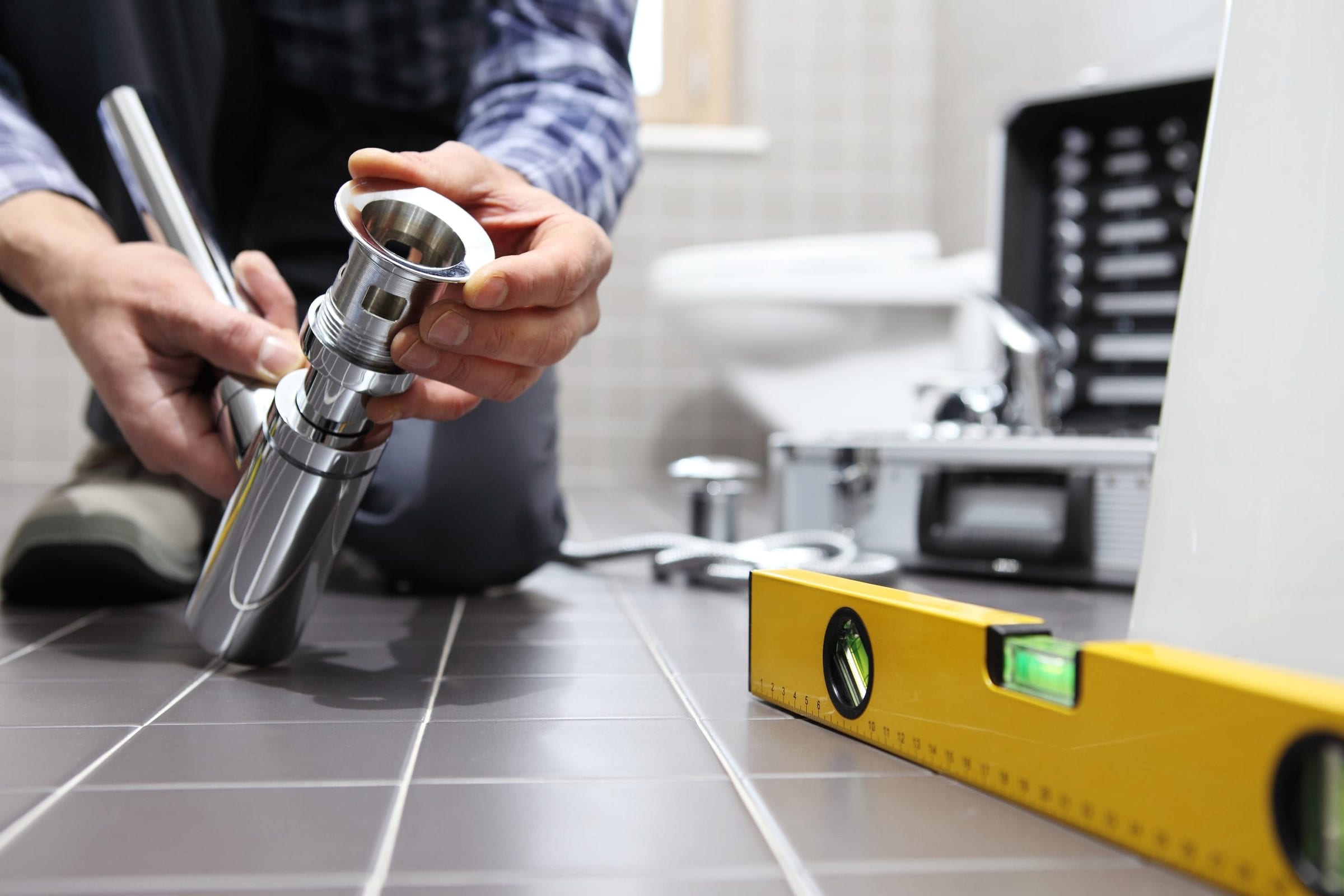
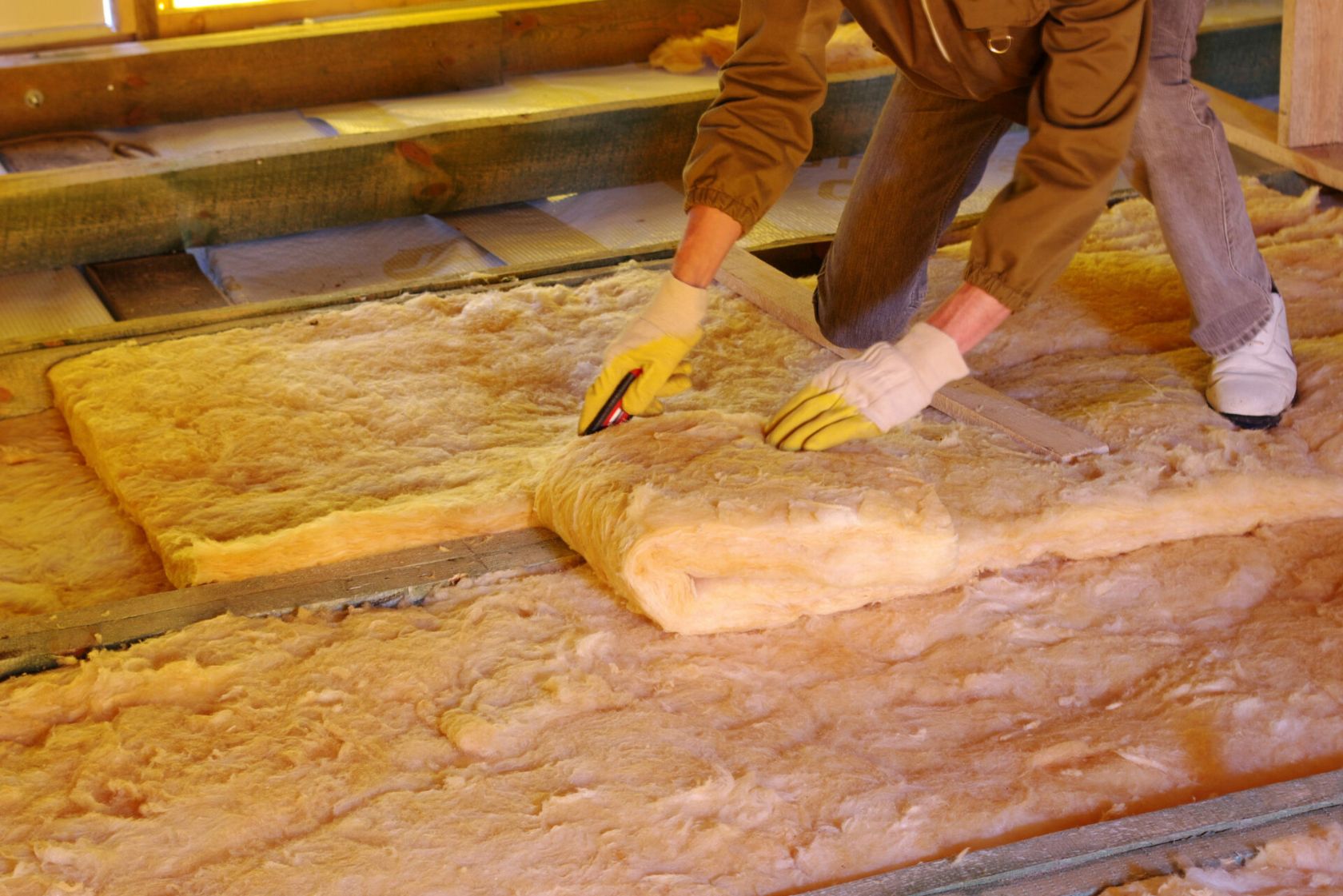
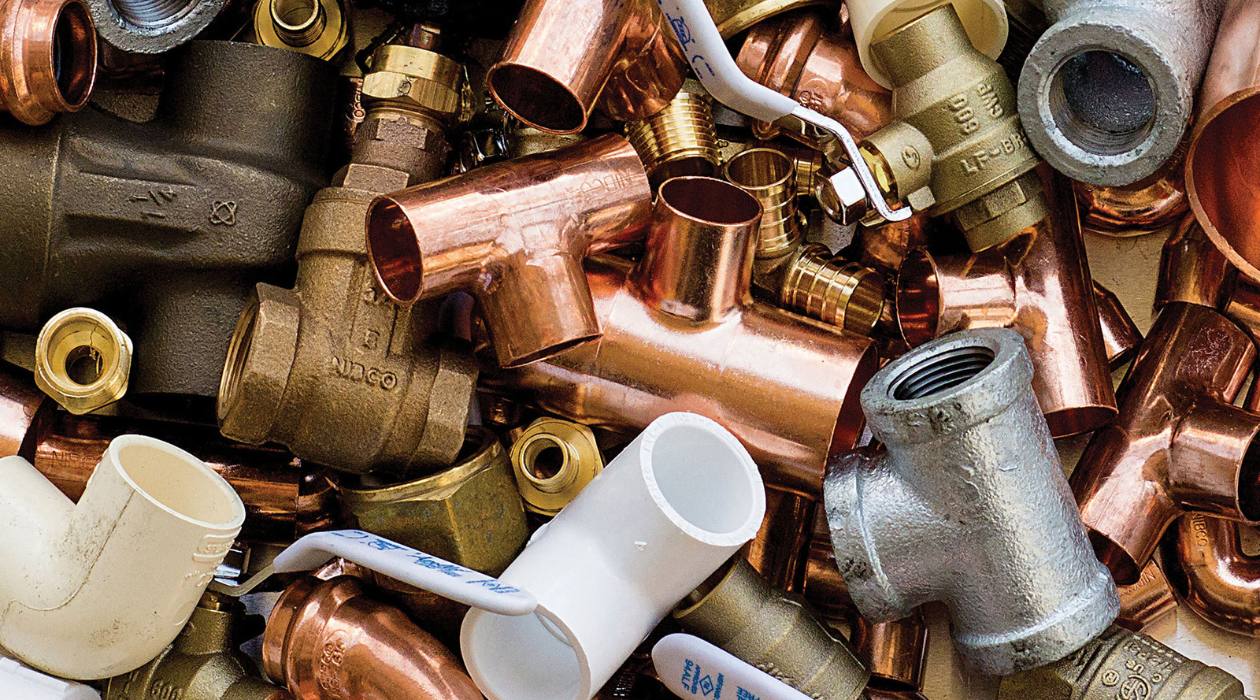
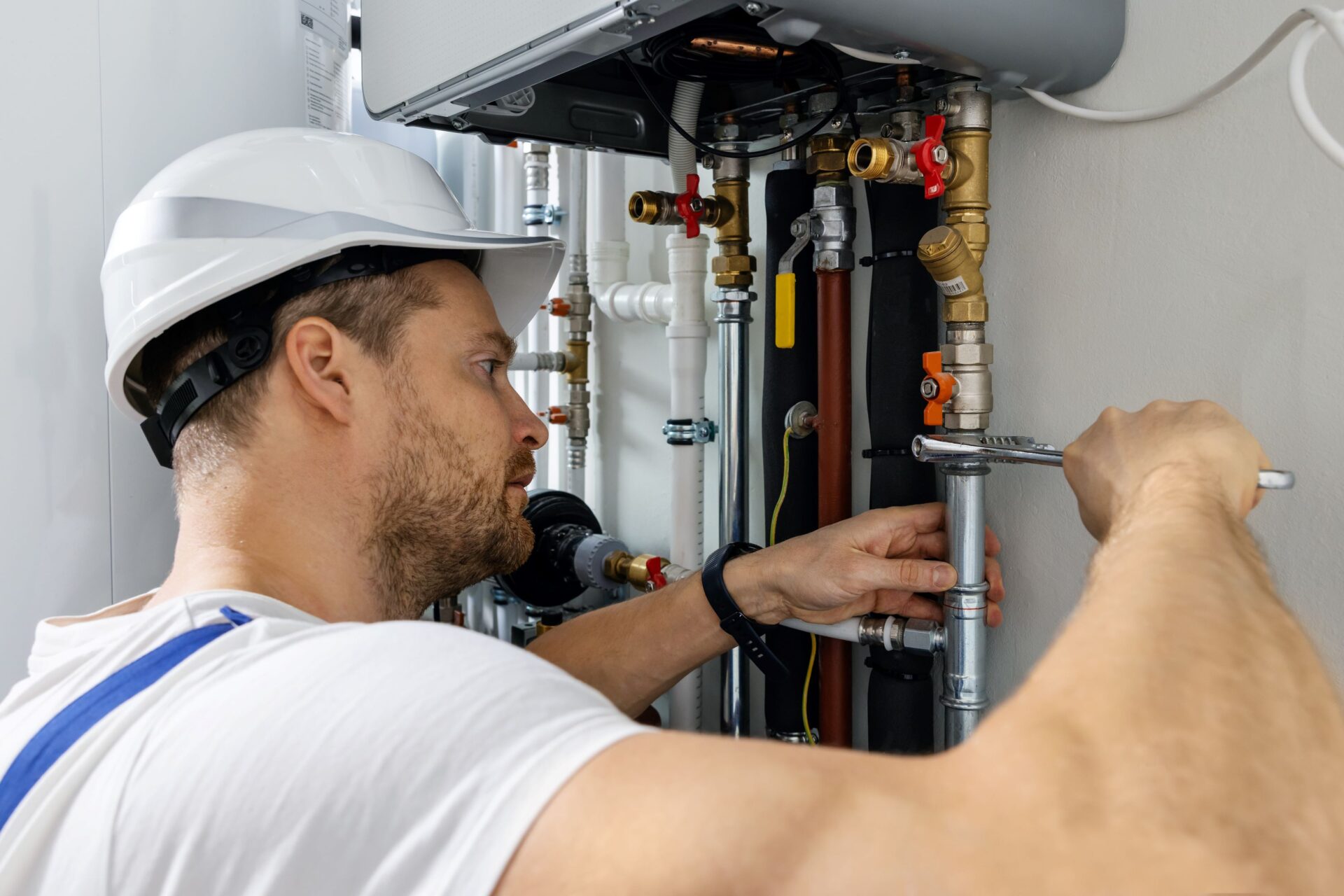
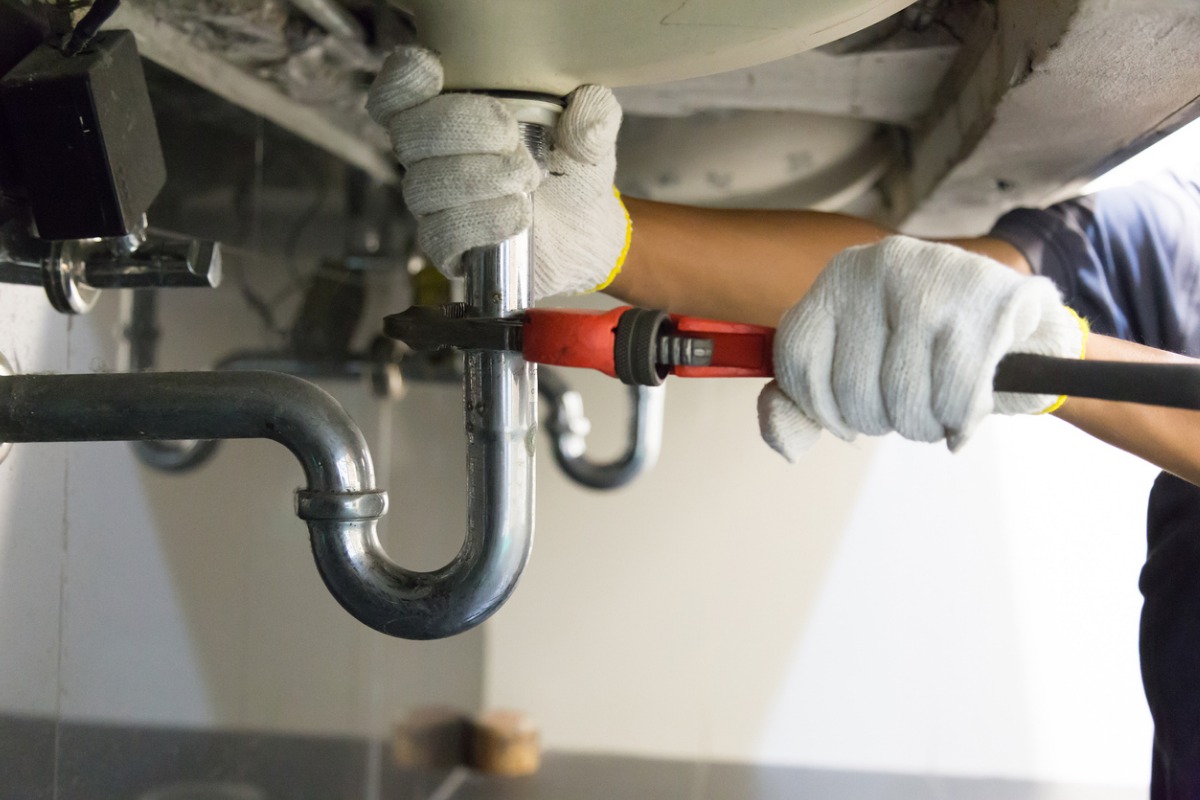
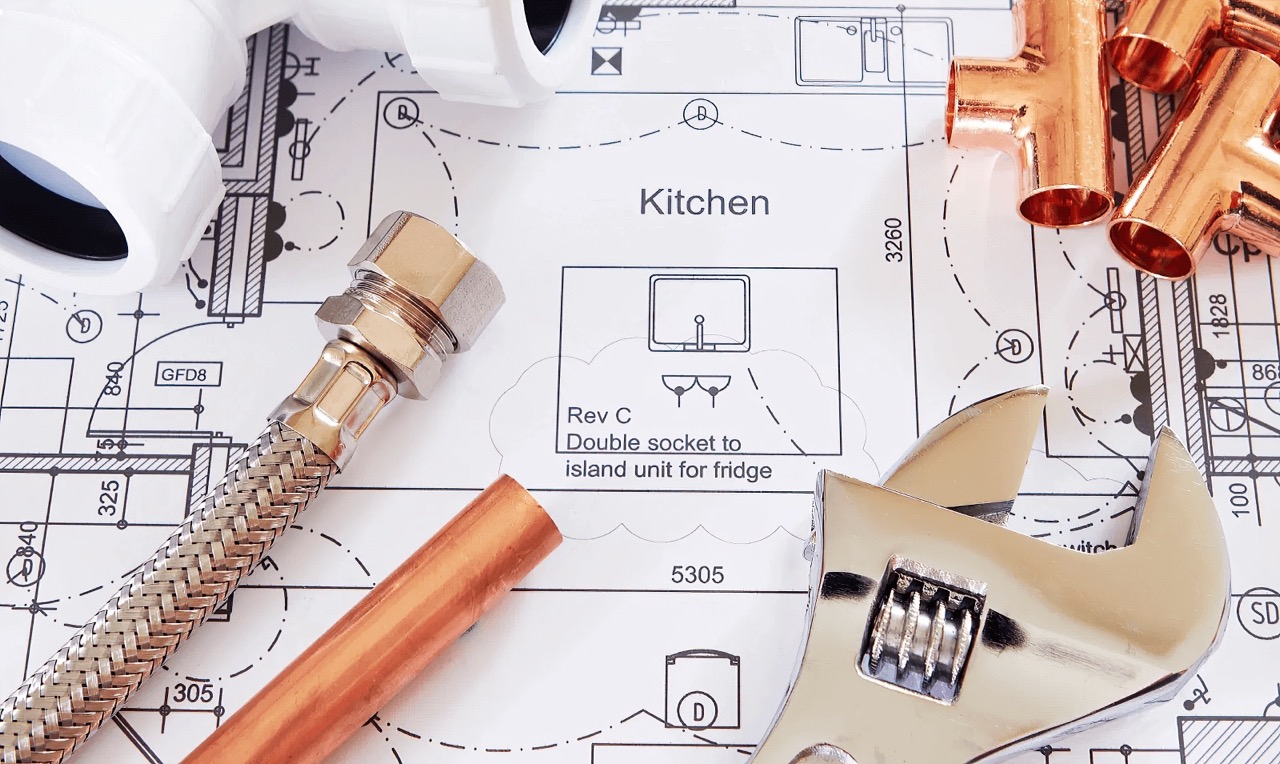
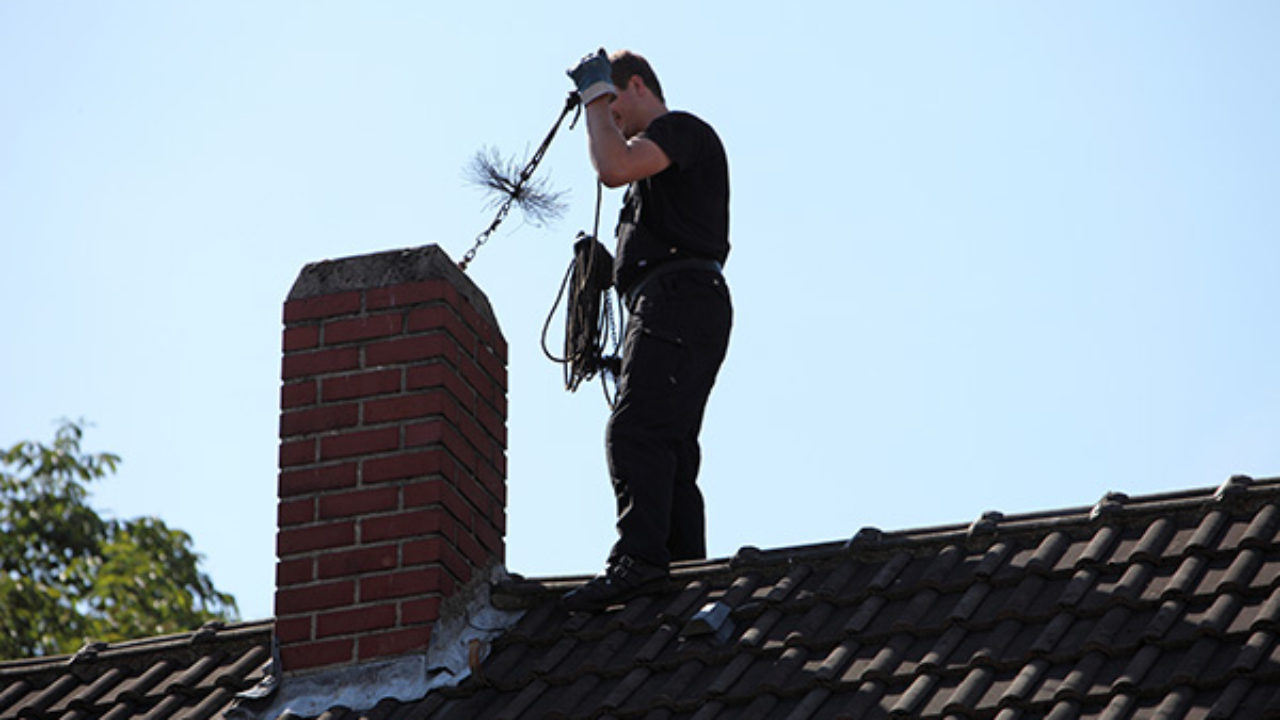
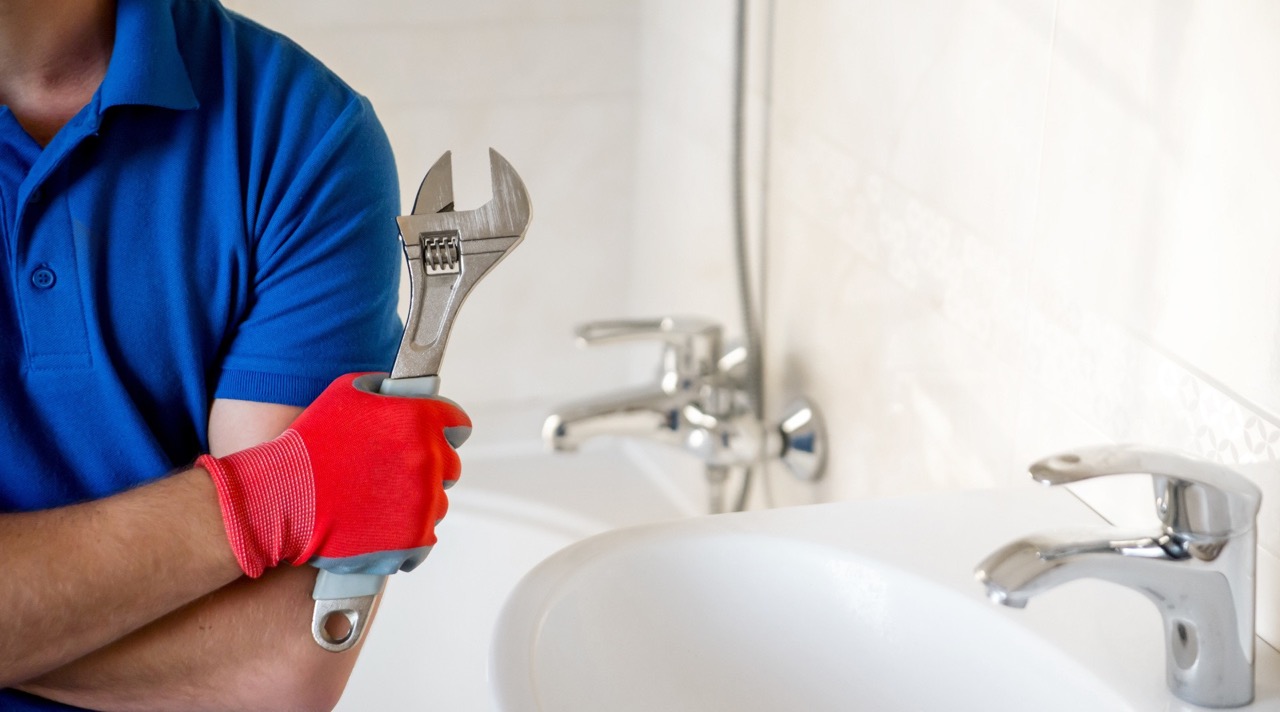
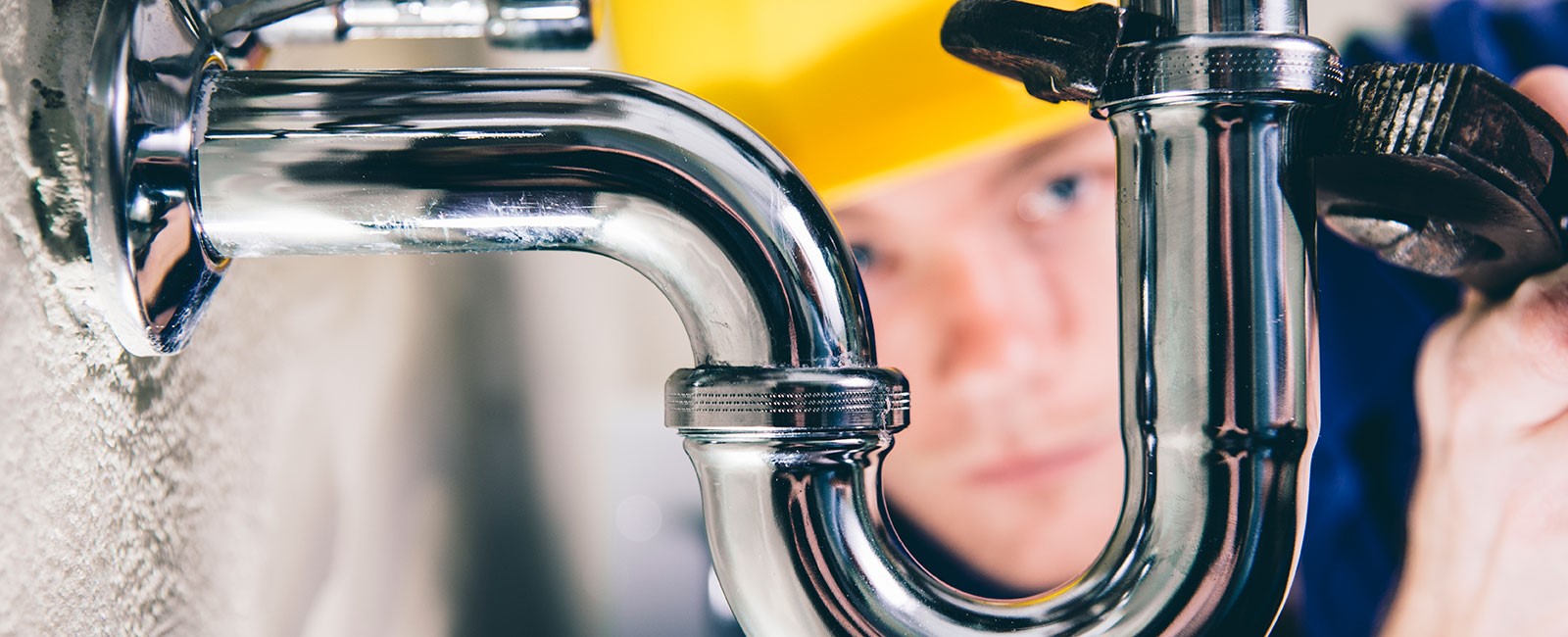

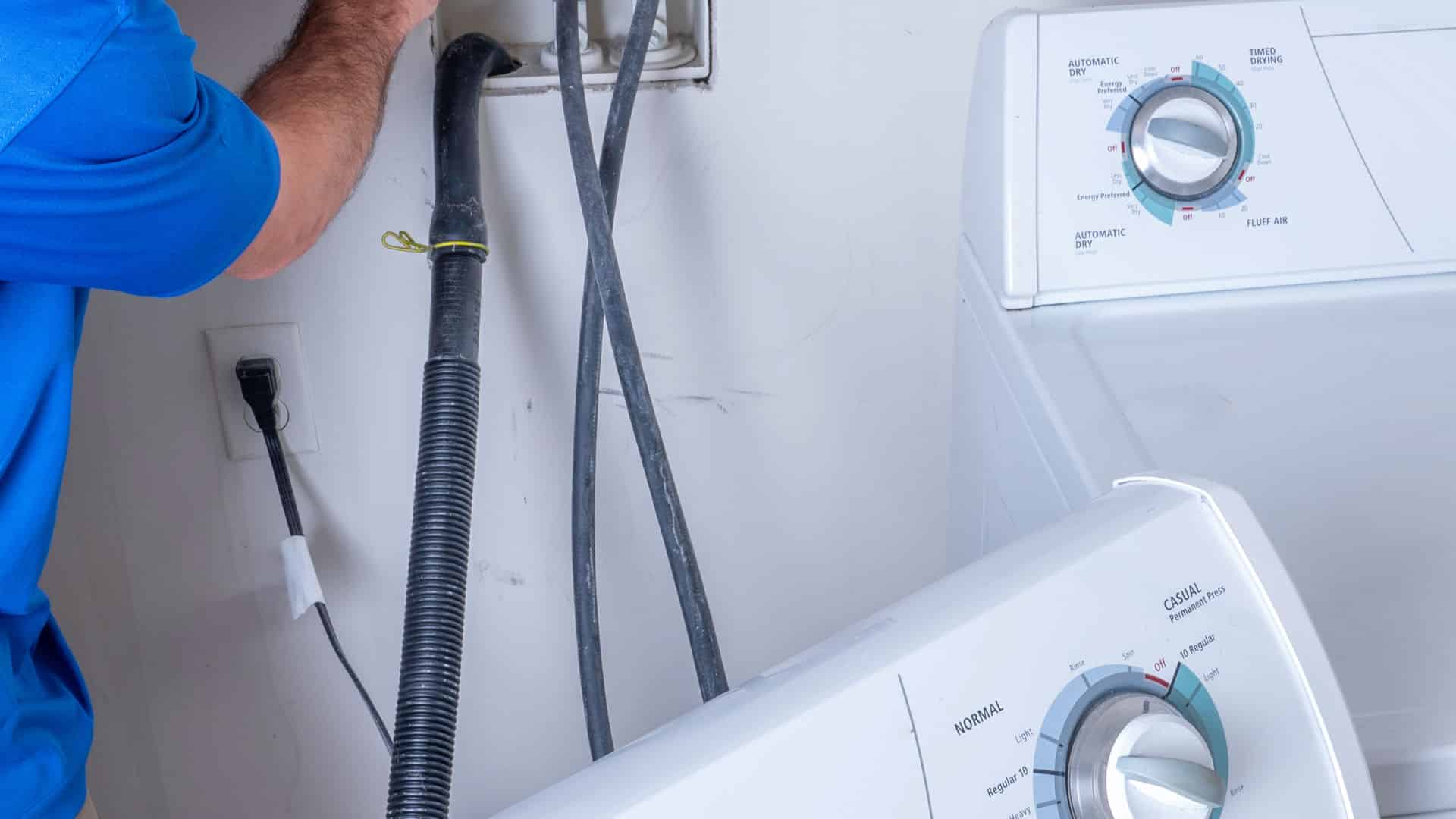
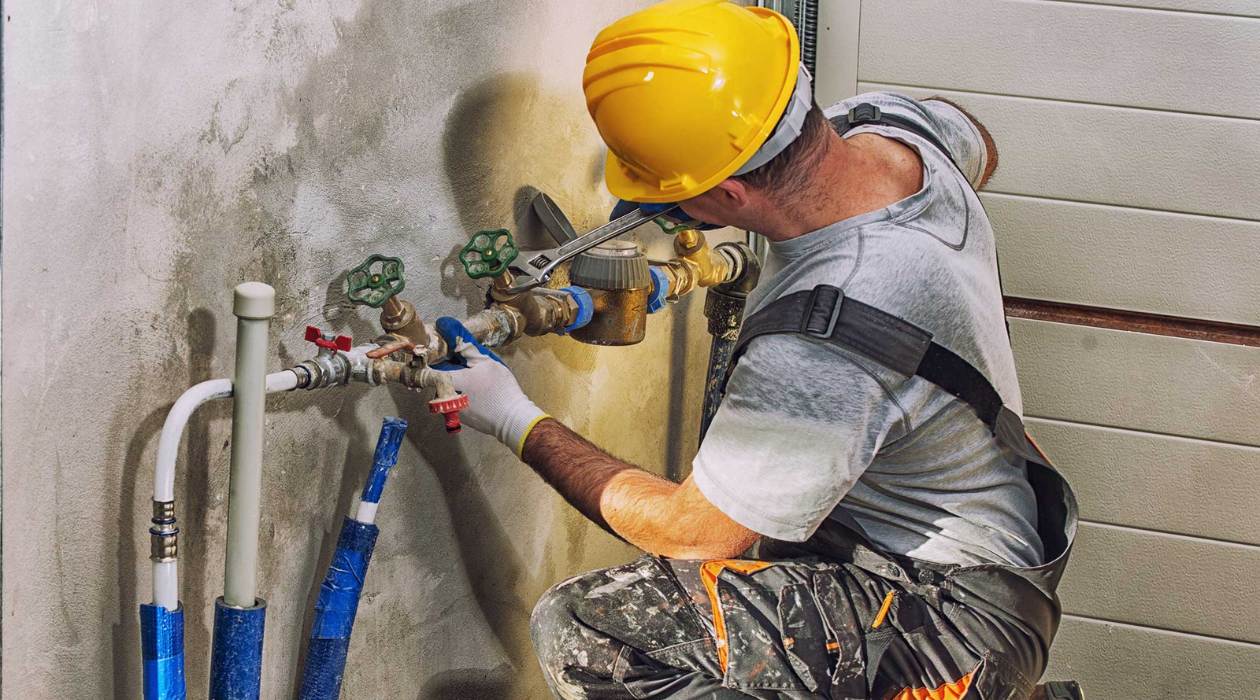


0 thoughts on “How To Get Certified In Plumbing”